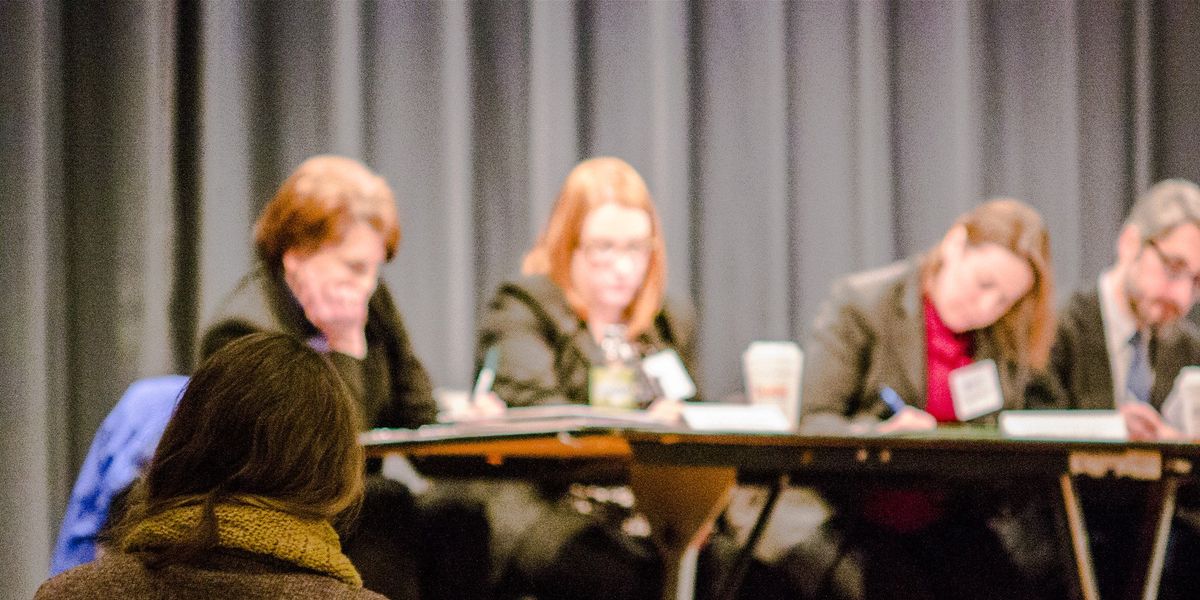puerto ricans
DOE commits $450M to install rooftop solar for highest-need Puerto Ricans
Gabriela Aoun Angueira reports in Grist about Department of Energy plans to allocate nearly $500 million to install rooftop solar and battery backup systems on the homes of vulnerable residents in Puerto Rico, aiming to provide reliable and affordable energy to high-need households amid frequent blackouts.
In a nutshell:
While overhauling Puerto Rico's grid will take years, these funds will offer immediate help to the residents most vulnerable during blackouts. The funding, part of the $1 billion Puerto Rico Energy Resilience Fund approved by Congress, will target low-income families, including those medically vulnerable and living in remote communities. The program's third-party ownership model will relieve households of system maintenance, and community outreach efforts have helped shape the initiative, signaling a shift towards more inclusive and equitable program design.
Key quote:
“We’re very glad that it appears that their intention is to focus these funds on the people who are truly so low-income or disabled that they have no other viable way to acquire solar and storage,” PJ Wilson, president of the Solar and Energy Storage Association in Puerto Rico said. “Hopefully this helps lift people out of poverty.”
The big picture:
The blackouts in Puerto Rico have had significant effects on vulnerable populations, exacerbating existing challenges and hardships. With frequent power outages, access to essential services and resources like healthcare, communication, and clean water becomes even more limited, impacting the well-being and resilience of communities already facing socio-economic disparities.
Read the article at Grist.
Disparities abound in Puerto Rico. For example, Puerto Ricans are disproportionately affected with asthma. Lorraine N. Vélez-Torres reports that adult asthma rates are 1.3 times higher than in the U.S., and Puerto Rican children are twice as likely to be afflicted as compared to U.S. children.

















Trump’s dubious revisionist history of Hurricane Maria